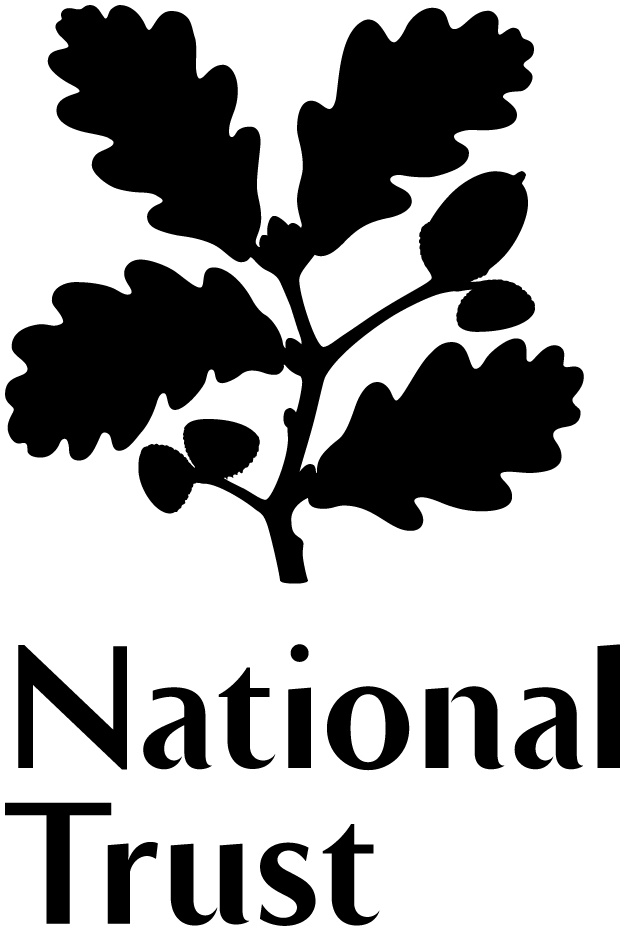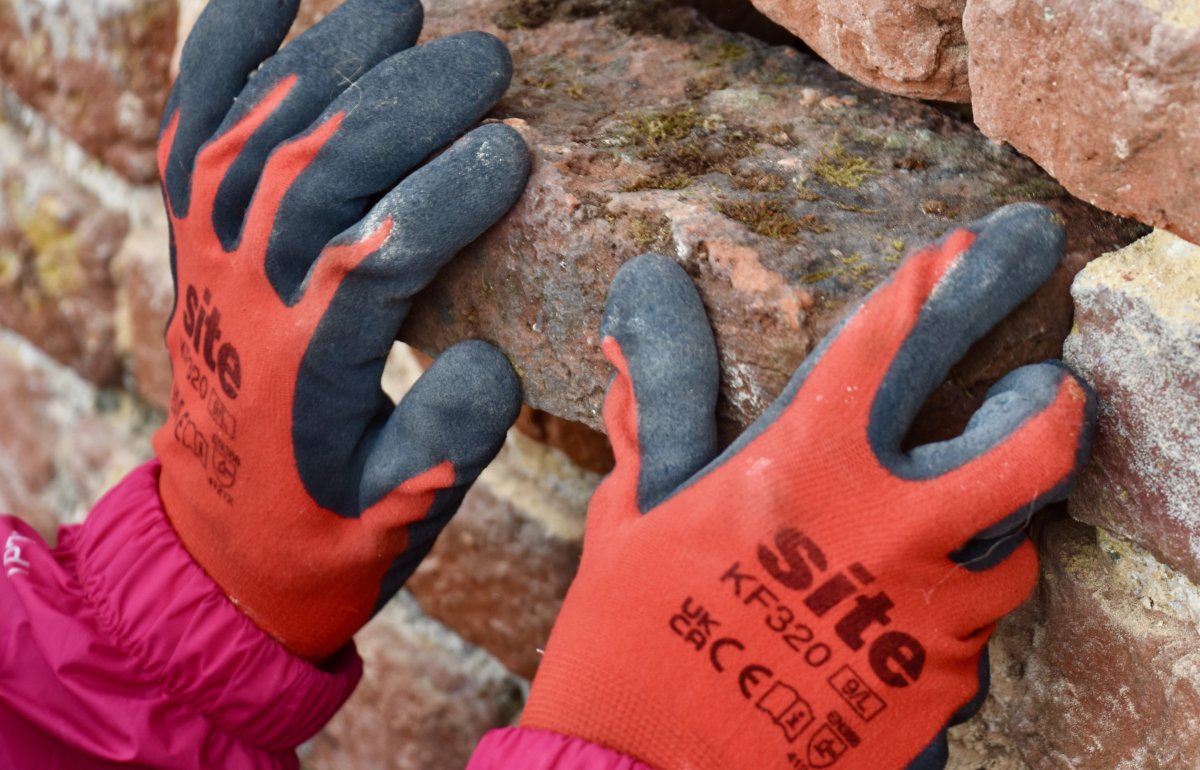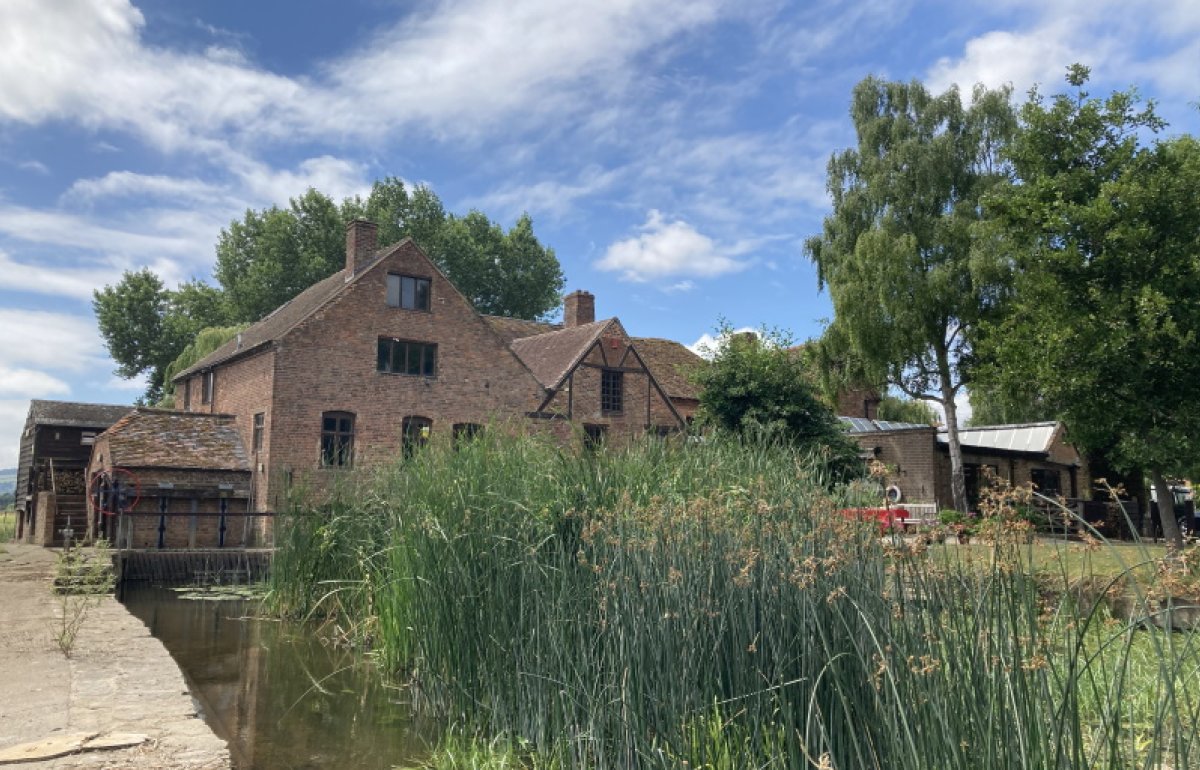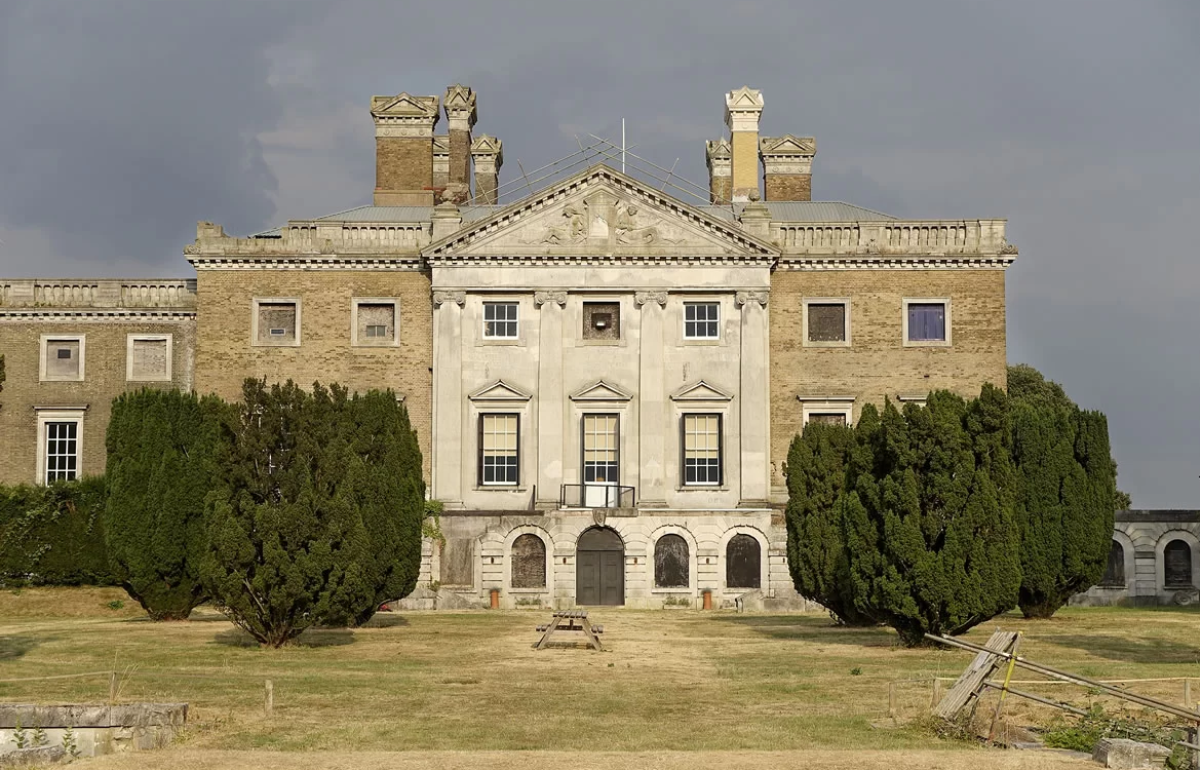Pargeting

Pargeting
Join us for a one-day introduction to this endangered craft.
This training helped me understand the history of the craft but also its practical application.
CH5/25
£205, including lunch and refreshments.
Event details
Saturday 27 September 2025, 9am - 4.30pm
Join us for a unique opportunity to learn the endangered craft of pargeting from one of the country’s highest regarded pargeters, Bill Sargent, at the Heritage and Rural Skills Centre, Coleshill. This workshop is brought to you in association with the National Trust.
Pargeting (also spelled 'pargetting') is a decorative render applied to the facade of a building, believed to have been introduced to England in the 16th century by Italian craftspeople. Patterns are scratched or stamped into wet plaster, while more skilled craftspeople make their own relief designs modelled directly on to the wall.
Once you’ve learned about the history and skill of pargeting from Bill Sargent, it’ll be your turn to get creative! Under the supervision of our friendly tutors, you'll design and create your own pargeted panel to take home.
In the UK, pargeting is considered an endangered craft due to lack of awareness of it outside the built heritage sector and a decline in traditional plastering skills. Join us to learn the basics of this fascinating craft and help to keep this skill alive.
Subsidised places have all been assigned
This course is kindly supported by the Worshipful Company of Plaisterers.
Who is it for?
This introductory workshop is for anyone interested in learning pargeting skills for work, general interest or leisure. We welcome old buildings enthusiasts, craftspeople, homeowners, building conservation professionals and students. No prior experience is required.
You will learn
- A brief history of pargeting in the UK.
- Plaster preparation requirements.
- Pargeting pattern-making using an assortment of tools and techniques.
- Pargeting freehand design inspiration and basic techniques.
- Advice on tending and painting the plaster.
Want to learn more about plastering at the National Trust’s Heritage and Rural Skills Centre? Check out our other courses there:
- An Introduction to Plain Lime Plastering, a two-day practical course for homeowners, building custodians and specifiers, 3 - 4 October 2025.
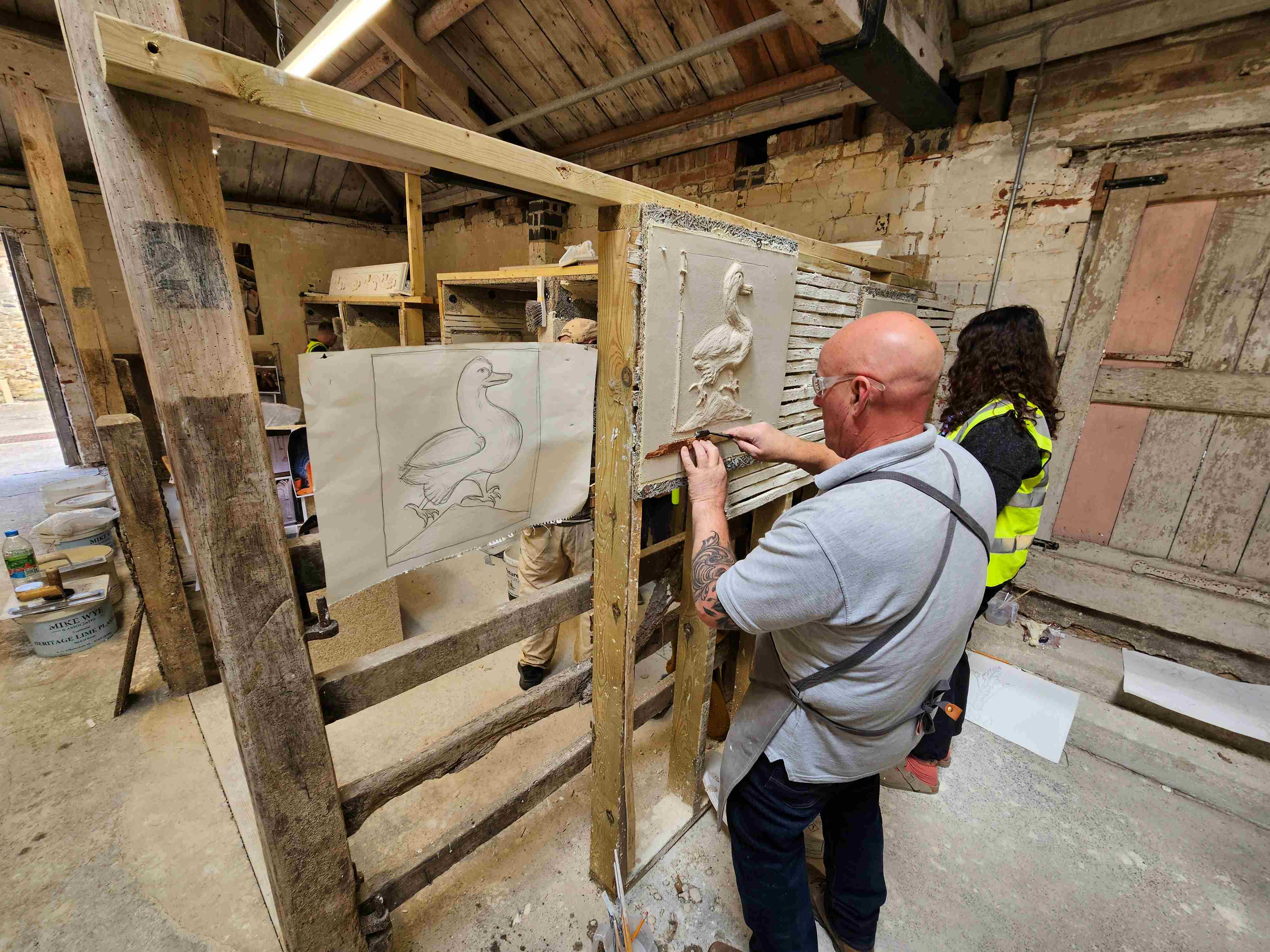
Programme
This programme is subject to minor changes.
|
9am |
Registration |
|
9.15am |
Welcome; Health and Safety briefing |
|
9.30am |
An Introduction to pargeting - presentation and case studies |
|
10.30am |
Refreshment break |
|
10.45am |
Individual design drawing |
| 11.45am | Re-drawing design on boards |
|
12.15pm |
Lunch |
|
12.55pm |
Freehand practical session |
|
2.45pm |
Refreshment break |
| 3pm |
Freehand practical session continued |
| 4.10pm |
Next steps guidance – tending the plaster; painting the plaster |
| 4.20pm |
Clear up |
| 4.30pm |
End of course |
You will need
- Please wear warm, comfortable clothing that you don't mind getting dirty or damaged. We recommend you bring overalls or coveralls to wear if you can. Your arms should be covered during the practical sessions.
- You will need to wear sturdy (flat and closed) footwear.
- We will provide all necessary protective equipment, but if you would prefer to wear your own gloves and goggles, please bring them.
- All tools and materials will be provided. You are welcome to bring any pargeting design ideas or inspiration with you.
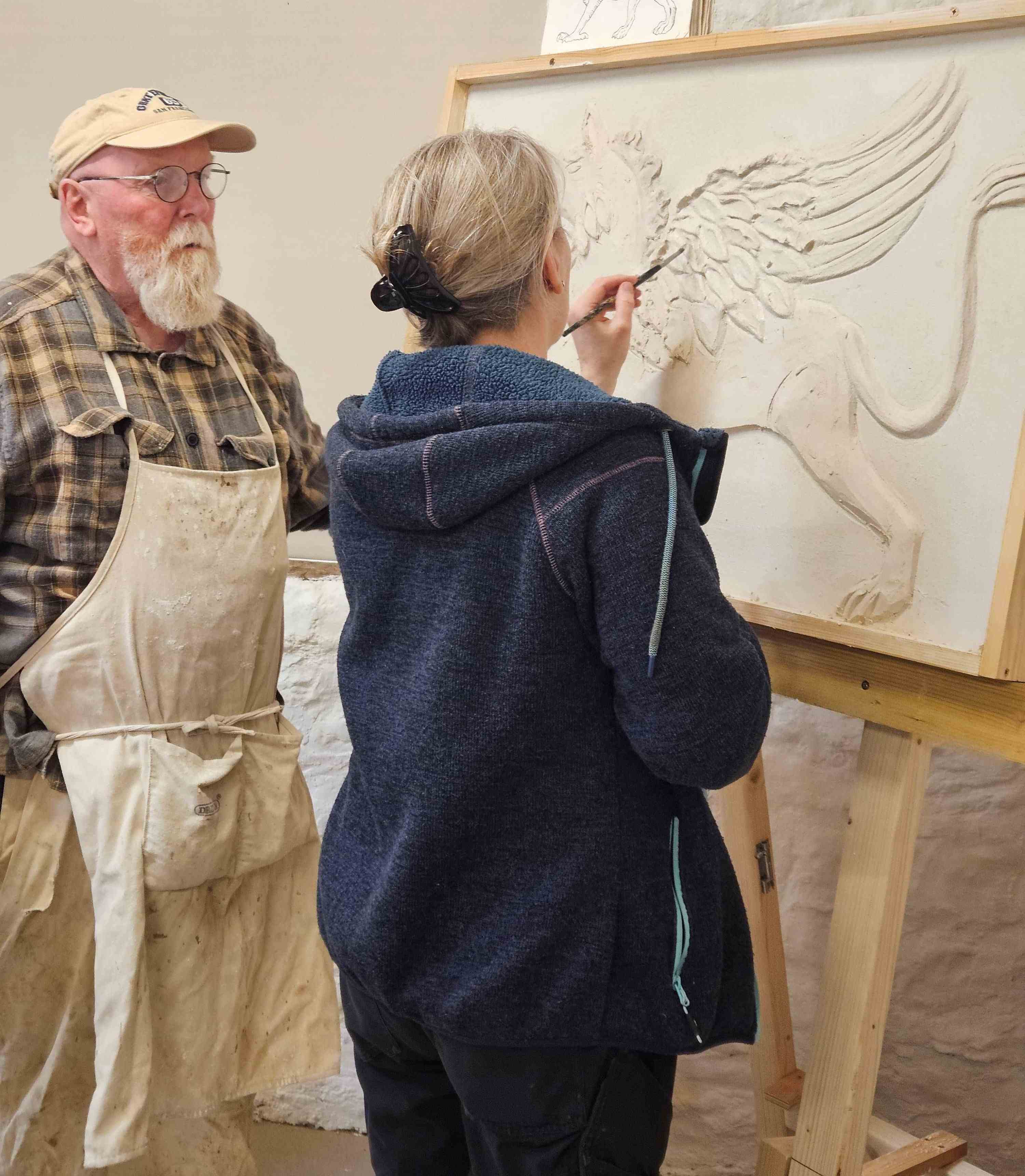
Tutors
Bill Sargent, pargeter and traditional plasterer
Bill is one of the highest regarded pargeters in the UK. After college, Bill worked with his father, continuing the tradition of conservation plasterwork and pargeting begun by his grandfather almost 100 years ago. Bill’s work varies from claylump and brick to timber-framed period properties, using materials such as clay plasters, chalk lime and sand lime putty plasters to produce a traditional finish.
Andrew Fawcett, artist and craftsman
Andrew worked as an art lecturer, taught watercolour painting in Florence and has exhibited his work at galleries. Andrew started working with Bill Sargent several decades ago, using his artistic skills to create pargeting pieces as well as sgraffito and fresco designs.
Sean Wheatley, traditional plasterer
Sean has four decades' experience as a plasterer specialising in traditional methods, materials and decorative plasterwork. He is a SPAB Guardian on our Education and Training Committee and is a Master Plasterer of the Worshipful Company of Plaisterers.
Michal Wolf, plasterer and conservator in lime
Michal is a Master Plasterer of the Worshipful Company of Plaisterers and a founder of All Things Lime. He is passionate about traditional methods of working and keeping the craft of lime plastering alive.
Accreditation
The SPAB is an IHBC-recognised CPD provider and attendance certificates for CPD are available on request.
Accessibility
This is a practical course held in a workshop environment, which can be dusty, cold and noisy. There are some uneven surfaces, such as cobbles, due to the historic nature of the building.
Please bear in mind that the workshop demonstrations and activities will require standing.
Accessible parking spaces are marked in the car park. Accessible toilets are available.
Anything we can do to make this event more accessible for you? Please email education@spab.org.uk.
Photos and Filming
We may take photos or videos at this event to be used in future promotion, including in print and online. Participants may take photos and short videos for personal use, with permission of the course leader and all other participants in frame. If you want to post on social media, please message SPAB's Comms Team (press@spab.org.uk or @spab1877) for permission. If your material is good, we might ask to share it with our followers.
All bookings are subject to our Terms and Conditions.
Photo credits © Abigail Lloyd and Michal Wolf.
This event is in association with the National Trust and kindly supported by the Worshipful Company of Plaisterers.
